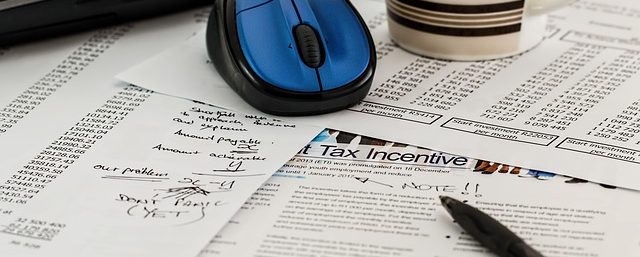Tips for Saving Money on a Low Income
If you are on a low income budget, you may be having a hard time saving money on a regular basis. While savings may not sound very important to you right now, it will help you in case of an emergency and reduce your level of financial stress. After all, it is always nice to have some money set aside just in case you need it. Being low income may make saving slightly more difficult, but it is not impossible. Here are some tips to help you save money despite being on a low income.
Get Help Setting a Budget
If you have not already done so, setting up a budget is crucial for learning to save money. A budget will help you track your spending habits and can help you learn to live within your limits. To create a budget, you simply need to take account for all of the household income and then break it down into household expenses, such as rent or mortgage, utility payments, clothing, medical services, transportation, education, food and other main categories. If you need help setting up a budget for you household, you can meet with a financial counselor, who can help you create a functional budget that will work for you.


“Saving money on a low income budget is hard”. Poor Hannah – zu wenig Haken by DigitalArtBerlin, on Flickr. This work is licensed under a Creative Commons Attribution-NoDerivs 3.0 Unported License.
Take Out a Loan
If your current bills have gotten out of hand and you are paying a lot of interest every month, you may want to consider taking out a loan. There are loan options for people on benefits that are affordable and created for low income earners. The government and certain non-profits offer a few loan options to low-income families.
- Budgeting Loans. Budgeting loans are specifically designed for low-income families. These loans are awarded to eligible families, who have been receiving benefits for at least 26 weeks. Loans can be received for up to £2,000 and can be slowly paid by over a 104-week time-frame.
- Local Help. The government used to also offer Community Care Grants and Crisis Loans, but these options have been discontinued. Instead, local councils are offering their own loan options, such as the Scottish Welfare Fund and the Discretionary Assistant Fund of Whales. Check with your local council to see what lending options are available in your area.
- Pay Bills with Loans. While this is technically not a loan, it does allow you to pay off some of your bills over a longer period of time. If you have fallen behind on your rent, utility bills, or other type of regular payments, and you receive benefits, you may be eligible. The government will automatically pay your current bill out of your benefits allotment, plus an additional £3.60 to go towards your outstanding bill. This may cut down the overall expenses you are paying per month allowing you to save money.

stevepb / Pixabay
Cut Costs with Benefits
The UK government offers many different programs to help low income families save money on their bills. If you are low income and are having trouble maintaining your bills or do not have enough money left at the end of the month to save, you should apply for these benefits to help you. Examples of some of these great options include the Winter Fuel Payment, Cold Weather Payment, Warm House Discount, Healthy Starts, Child Care Benefits and Student Financing. Visit the government’s benefits website to see what you may be eligible for on a regular basis. This will help you save on out-of-pocket expenses so you can save more money each month.
Together these options will help you start your own savings plan. You do not have to put a lot into your savings account each month, just so you are contributing something. Over time, your savings will build up and provide you with a safety net, in case you ever need it. Planning ahead and taking advantage of some of the government’s great programs for low income families and seniors will start you on the path to creating a savings account for your future.

